Résultats de la recherche pour : Younes Johan Van Praet
Portugal
Though the quantity of studies on religious/non-religious tendencies in today's Portugal is not overly abundant outside the Catholic remit, available are official and other reliable statistical data, and a number of well-structured analyses thereof, providing insights into the religious phenomenon in this country. Notwithstanding, the main issue is whether the more recent, few-decades-spanning information is by itself sufficient for supporting medium to long-term tendencies anticipation in this domain. This text takes the view that the Portuguese national historical context may to a good extent explain the degree of observed trend stability as regards religions-secularism in the country. The Portuguese law of religious freedom dates just from 2001. Signs are that only now an effective multiplication of creeds is underway, whose future impact cannot yet be soundly discerned.
Romania
A country of twenty million Latin-language speaking inhabitants, Romania is situated on the crossroad of different politic, religious and cultural influences. In the Moldavian and the Walachia principalities, the role of the Byzantine, the Ottoman, and the Russian Empires was essential. As for Transylvania, it was influenced by Vienna, Budapest and Rome. Unavoidably, this historic heritage is closely related to the Romanian religious situation. In ancient Moldavian and Walachia principalities, the dominant Church (87 %) is the Orthodox. In Transylvania, different denominations share the believers with the Orthodoxy: Roman Catholicism (5 %), Greek-Catholicism (Uniatism) (1 %) and the Protestantism, or more precisely Calvinism (3 %), Unitarianism (anti-Trinitarians) (0.3 %) and Lutheranism (0.5 %). Roman Catholicism, Calvinism, Unitarianism, and Lutheranism followers are mainly among the Hungarian community.
Slovakia
Over the last two decades, Slovakia has been considered a predominantly Catholic society. State institutions and legislation have progressively created a system of Catholic-Lutheran asymmetric dualism operating at the core of Slovak national identity. Since the establishment of the Slovak Republic in 1993 the Catholic Church, the largest religious body in Slovakia, has experienced a significant increase in influence and power, in spite of the slightly decreasing proportion of citizens who declare to be Catholic. According to 2011 census data, the Roman Catholic Church represents 62 % of the population (68.7 % in 2001), the Evangelical Church of the Augsburg Confession (Lutheran) 5.9 % (6.9 % in 2001), the Greek-Catholic Church 3.8 %, and the Reformed (Calvinist) Church 1.8 %. People declaring “no religion or faith” account for 13.4 % of the population (13 % in 2001), respondents providing “no data” for 10.6 % (3% in 2001). Thus the general tendency is one of slowly declining adherence to mainline Churches, whereas the proportion of people expressing no religious profile has increased.
Sweden
Secularity in Sweden is ambiguous. Even though it may be considered as a particularly secular context, the religious and the secular in Sweden can be described as intertwined. This could explain some of the contradictions and paradoxes in the Swedish religious landscape. Sweden is often thought of as a secularized country, sometimes as the most secularized in the world. Indeed, if believing in God and going to church are central features of religiosity, Sweden may be described as an exceptionally secular context. For example, when compared to other countries, church attendance in Sweden is extremely low. In the large quantitative study known as ‘World Value Survey’ (2010-2014), in which scholars have measured what people have consider to have been important values over the past decades, only 3 % of Swedes answered that they attend church every week.
United Kingdom
A country, which has two established churches, the Church of England and the Church of Scotland, does not seem to be a propitious setting for secularism to flourish. To this point can be added a number of other matters that seem to be inimical to the idea that secularism can prevail in the United Kingdom. There is, for example, the fact that large numbers of State schools in the present day continue to have partly religious foundations, historically once solely Christian or Jewish but now also including the Muslim, Hindu and Sikh faiths. Equally there the fact that one of the established churches, the Church of England, has the legal right, which it exercises, to have bishops and archbishops as members of the House of Lords, one of the two chambers of the United Kingdom Parliament.
Revue de presse, 2 septembre
Vatican
"Dans sa lettre à Mgr Rino Fisichella sur le Jubilé de la miséricorde (8 décembre 2015-20 novembre 2016), le pape François annonce avoir décidé 'nonobstant toute chose contraire, d'accorder à tous les prêtres, pour l'Année jubilaire, la faculté d'absoudre du péché d'avortement tous ceux qui l'ont provoqué et qui, le cœur repenti, en demandent pardon'" — L'avortement pourra être pardonné pendant le Jubilé (Zenit, InfoCatho)
"L'absolution reçue en se confessant aux prêtres de la Fraternité Saint-Pie X sera 'valide' et 'licite' pendant le Jubilé, déclare le pape François dans la lettre qu'il adresse à Mgr Fisichella pour l'année jubilaire de la miséricorde, rapporte l'agence Zenit" — Le geste de François envers les Lefebvristes (A.B. avec Zenit, La Vie)
Religions and Secularism in Portugal: mainly a lingering monotheism
Though the quantity of studies on religious/non-religious tendencies in today's Portugal is not overly abundant outside the Catholic remit, available are official and other reliable statistical data, and a number of well-structured analyses thereof, providing insights into the religious phenomenon in this country. Notwithstanding, the main issue is whether the more recent, few-decades-spanning information is by itself sufficient for supporting medium to long-term tendencies anticipation in this domain. This text takes the view that the Portuguese national historical context may to a good extent explain the degree of observed trend stability as regards religions-secularism in the country. The Portuguese law of religious freedom dates just from 2001. Signs are that only now an effective multiplication of creeds is underway, whose future impact cannot yet be soundly discerned.
Revue de presse, 1er septembre
Boko Haram
"Un reportage de l'agence américaine Crux montre que certains chrétiens nigérians, lassés des attaques de Boko Haram contre leurs églises, souhaitent prendre les armes pour se défendre" — Au Nigeria, des chrétiens tentés de prendre les armes contre Boko Haram (A-B H avec Cruz et Apic, La Croix)
"Près de 80 personnes ont été tuées ce weekend par des membres présumés du groupe islamiste Boko Haram dans l'attaque de trois villages du nord-est du Nigeria, ont indiqué lundi des habitants" — Nigeria : près de 80 personnes tuées par Boko Haram dans trois villages du nord-est (AFP, La Libre)
Revue de presse, 31 août
Inde
"Diminution de la proportion des hindous, stabilisation de la part des chrétiens et augmentation de la proportion des musulmans dans la société indienne, telles sont les caractéristiques du nouveau visage religieux de l'Inde, d'après les résultats du dernier recensement" — Recensement 2011 : le nouveau visage religieux de l'Inde (Eglises d'Asie)
Sri Lanka
"Premier Ranil Wickremasinghe van Sri Lanka heeft de religieuze leiders in zijn land opgeroepen om bij te dragen tot de nationale verzoening van de 20 miljoen Sri Lankanen" — Premier van Sri Lanka vraagt steun religieuze leiders (Kerknet)
Revue de presse hebdo, 29 août
Terrorisme islamique
La Belgique apparaît, une fois de plus, comme une base logistique et de repli pour un terrorisme mutant et opportuniste, guidé à distance par l'Etat islamique et son sinistre fanzine, Dar al-Islam — Attaque du Thalys : l'Etat islamique projette sa guerre en Europe (Marie-Cécile Royen, Le Vif L'Express)
France
Mgr Rey, évêque de Toulon, a rompu un cordon de sanitaire vieux de trente ans. Pour la première fois, Marion Maréchal-Le Pen a été conviée à une université d'été catholique, celle qu'il organise chaque année à Sainte Baume, avec l'Observatoire sociopolitique qu'il a créé. Si certains ne voient pas pourquoi il y aurait polémique, d'autres accusent l'Église de contribuer à la dédiabolistion du parti lepéniste — L'invitation de Marion Maréchal-Le Pen par l'évêché du Var trouble l'Église de France (Eugénie Bastié, Le Figaro)





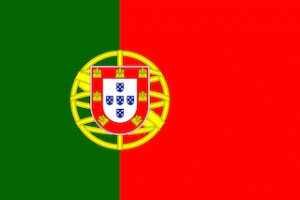
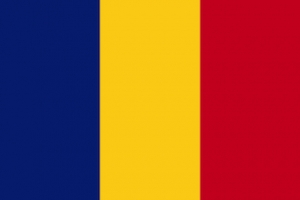
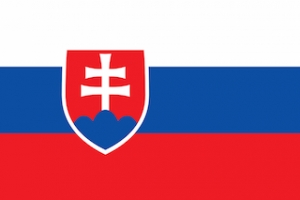
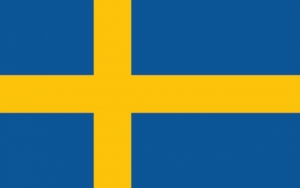
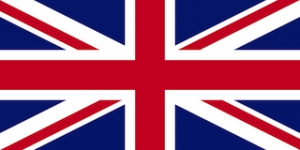
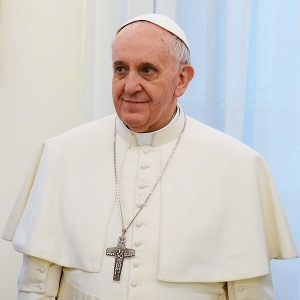
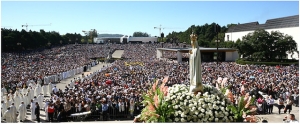
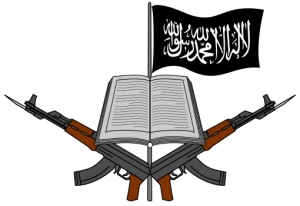
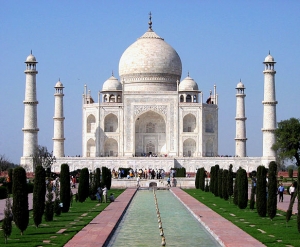
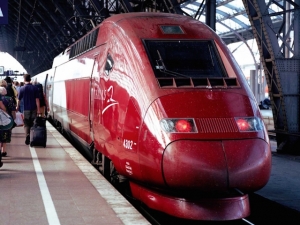
 MangoGem
MangoGem